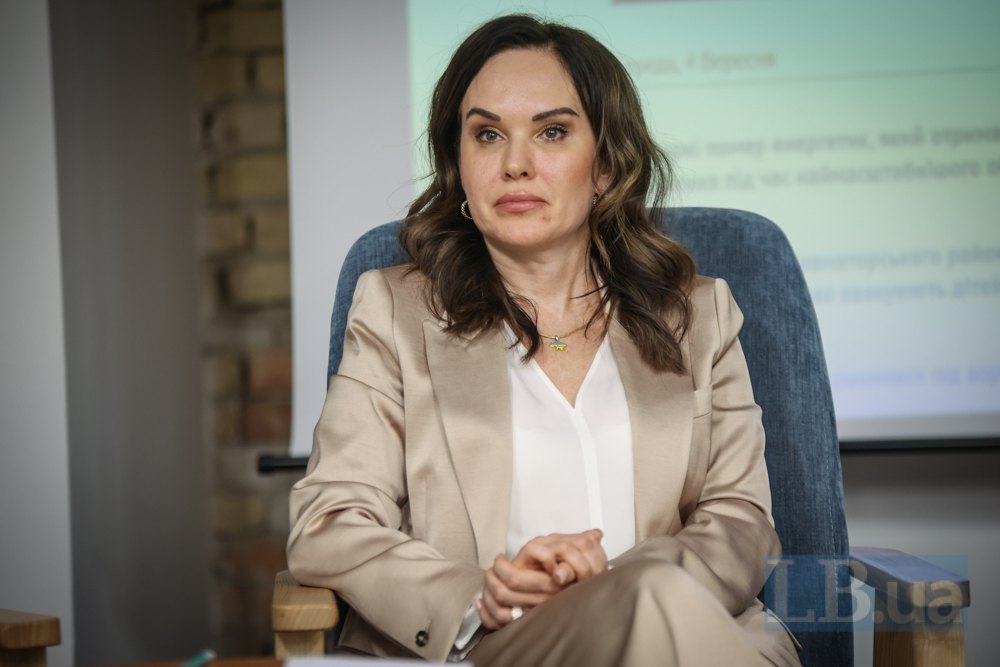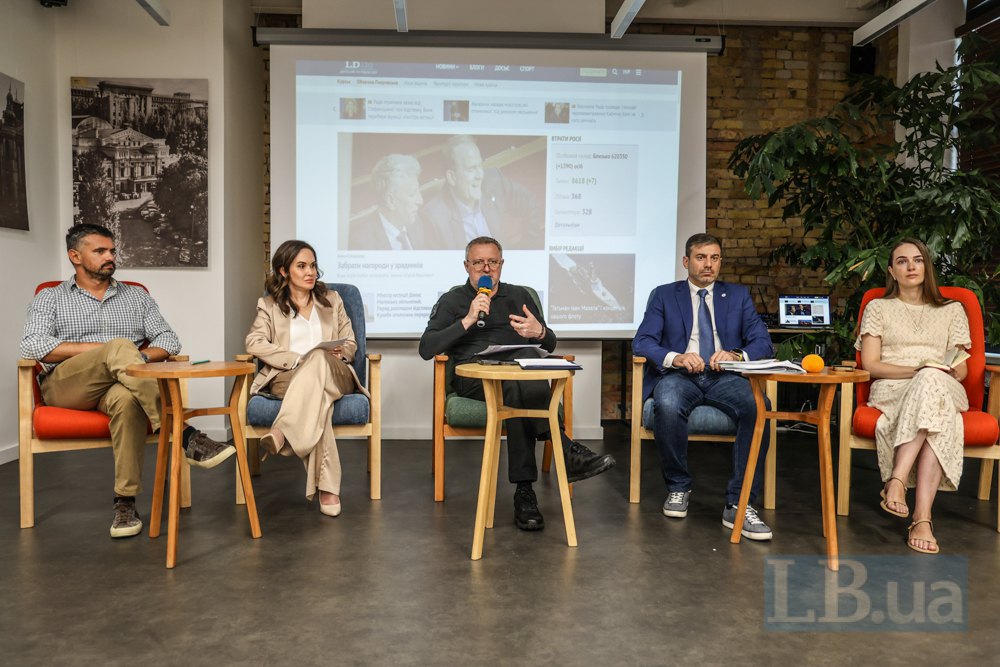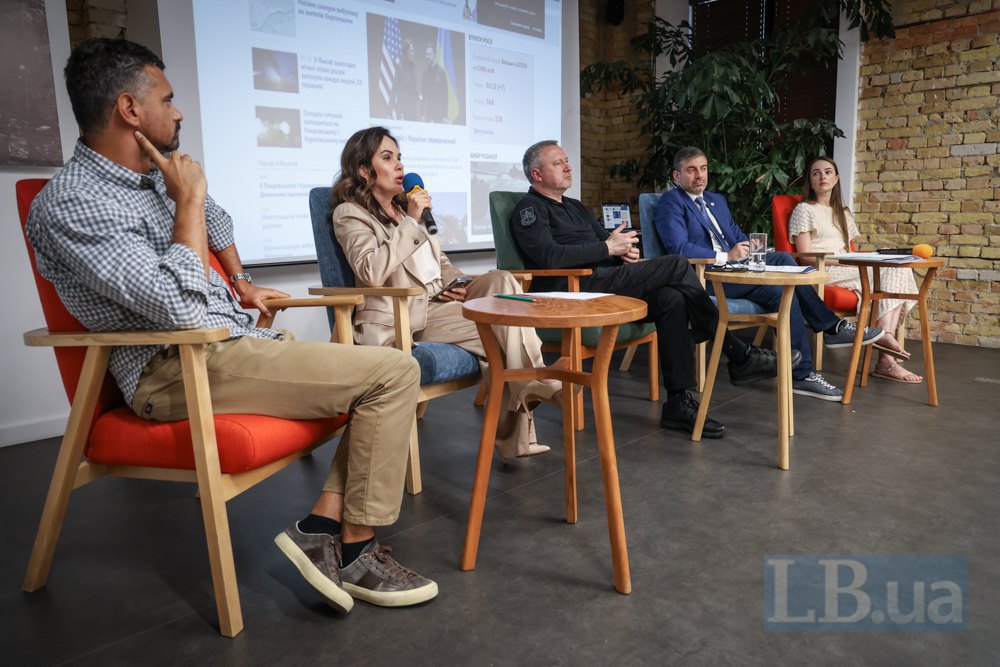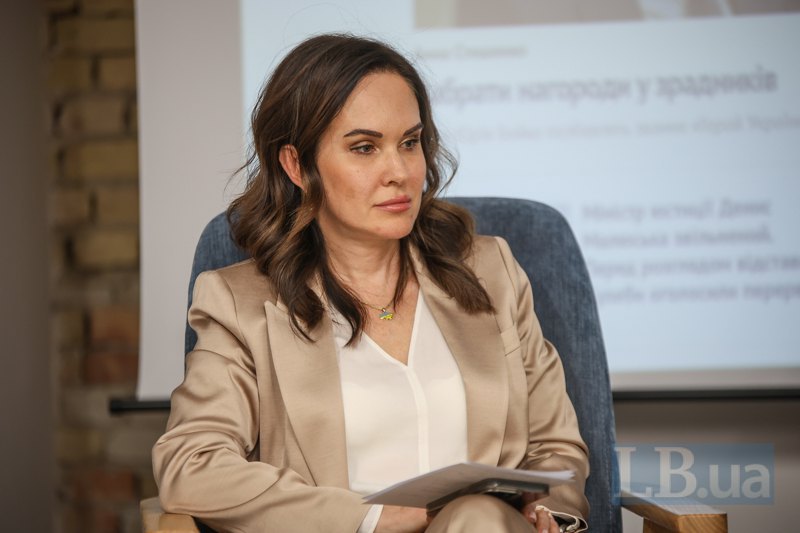
Obstacles to ratification
"We spent three months talking to the military leadership and ordinary soldiers and realised that since the full-scale invasion, the military had been given false narratives about ratification and not explained what exactly ratification of the Rome Statute meant after we accepted full jurisdiction in 2014-2015 with two statements by the Verkhovna Rada. And this jurisdiction of the International Criminal Court has been extended to the country since 21 November 2013.
So we realised that our military lived in the understanding that without ratification, the ICC could not prosecute Ukrainian citizens for war crimes. By explaining to both the leadership and the military that such jurisdiction applied to the military even before ratification and that all our military were at risk of prosecution, we were able to remove most of these concerns," Mudra said.
In addition, the representative of the Office of the Prosecutor General noted, the military was not explained that the International Criminal Court is documentary in nature and does not have an actionable proceeding, so no one can accuse the military of filing lawsuits with the ICC.
"Especially not the Russians. Russians are not parties to the International Criminal Court, they have not ratified the Rome Statute. They definitely cannot do this. Yes, they could do it through satellite states - those who support their policy. But this is also impossible, because our own justice system operates first," says Mudra. According to her, our law enforcement agencies must first conduct appropriate investigations and bring to justice, and only if the national justice system is unable, unable or unwilling to conduct such investigations, can such applications be considered by the ICC.

"It was a quest. We convened a separate conciliation board, and opinions were also divided. It was surprising to hear that MPs sincerely believe that the ICC's jurisdiction did not apply to Ukrainian citizens before the ratification. This is complete legal nonsense, as the two declarations clearly recognised the jurisdiction.
The MPs wanted to believe that in these statements they had stated ‘does not apply to citizens of Ukraine, on the territory of Ukraine’. But this was a legal trip, which, of course, is not recognised by the ICC, because if jurisdiction is extended, it is extended in full," explained the representative of the Presidential Office.
In consultations with the military, she added, a compromise was reached - the application of Article 124 of the Rome Statute, which had previously been used only twice before by France and Colombia.
"This article states that for seven years, the ICC's jurisdiction does not apply to citizens of a state that ratifies the Rome Statute. There have been controversial opinions on the application of Article 124, because in the past they tried to cancel it, made proposals, but they were not supported by the required number of votes in the assembly of participants. Therefore, it remains in force today. So, we applied it and ratified the Rome Statute, including the declaration under Article 124," said Iryna Mudra.
What does the ratification of the Rome Statute bring?
"We have definitely not worsened our situation, we have improved it. We received privileges that we did not have two months ago. We have improved it by protecting our military from imaginary prosecution in the International Criminal Court for seven years during the active phase of a full-scale invasion. Imaginary, because we assess such risks as low. And we will receive a number of rights," said the Deputy Head of the Presidential Office.

In particular, Ukraine has been granted the right to delegate its judge to the ICC as early as 2026.
"I think that Ukraine has every chance to take advantage of this, because the experience and expertise that Ukraine gains in the investigation of war crimes will be invaluable to the ICC and definitely needed. Therefore, Ukraine has a chance," said Iryna Mudra.
We also got the opportunity to delegate a candidate for elected positions, such as the ICC prosecutor, she added.
"Of course, Ukraine, as a full member of the Assembly, can influence the prioritisation and budgeting of the ICC, and the allocation of the necessary budget for the investigation of war crimes in Ukraine. After all, when we talk about why so few arrest warrants are issued and prosecuted, it all rests on the budget, on the funding needed for everything. Therefore, having such a strong voice in the Association of the Assembly of the Parties, we will also voice this voice," said Mudra.
In addition, the official said, access to the ICC trust fund is also important in the context of compensation for victims, and there are such cases in the ICC.
On compensation for victims of Russian aggression
Currently, there is no international judicial institution where one can apply and receive compensation for losses suffered during the war. Ukraine has applied to all of them: The European Court of Human Rights, international arbitration, the International Court of Justice, etc.
"Unfortunately, these courts do not address the issue of full compensation. Ukraine did not stop there. We offered our own tool, which is not fast. Unfortunately. We would like to see compensation paid tomorrow. But we need to create this mechanism. We need to create it so that no one can challenge it in the future. To make it legitimate and globally supported. This is hard work," said Iryna Mudra.
According to her, the international compensation mechanism consists of three components:
● International Register of Losses
"It works. It is working. So far, there is only one category. They are introducing 12 more categories, where business will also be included. The registry is trying to implement all 45 categories by the end of the year. It all depends on technical solutions because it is a digitised system. But the entire Registry Office is working on this. Business losses also need to be very carefully documented, supported by video, photo evidence, and inspection reports. That is, the entire evidence base should be collected now," Mudra said;
● Compensation commission
It is to be established next year. The work has already begun.
"We have moved on to a detailed discussion of the commission's structure: what it will look like, what governing bodies will be in place, how it will be financed. This work is irreversible. It will be created," the Presidential Office representative emphasised;
● Compensation fund
"So far, we do not have a unanimous agreement among our partners on how the compensation fund, which should be the source of implementation of the commission's decisions, will be filled. After all, it will be an administrative body, not a judicial one. Under pressure from the commission's decision, it is impossible for any jurisdiction to execute a court decision as it does a court order. Therefore, we need a compensation fund and it should be filled with something," the official said.

First of all, it is about confiscating Russian assets, she said. But this is not enough. There is also no final understanding of how to do this, but the work is ongoing.
"I will also mention the precedent of Iraq-Kuwait (Iraq paid $52.4 billion in compensation to individuals, companies and governments that proved losses as a result of the 1990 invasion and occupation of Kuwait - Ed.), when a commission was set up and the fund was filled by Iraq by transferring 30% of the sales of their products abroad. We do not rule out this option either, but first of all, 300 billion of Russian assets should be directed there.
The work is ongoing. Perhaps it is not so public and we do not talk about it every day, but it is definitely ongoing... The same with the tribunal. A lot of work is going on, we have not stopped," the Deputy Head of the Presidential Office summed up.








